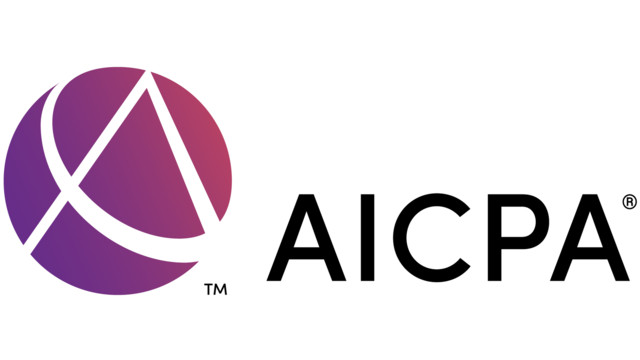The American Institute of CPAs has issued recommendations to the Internal Revenue Service (IRS) regarding the calculation of unrelated business taxable income (UBTI) under section 512(a)(6) of the Tax Cuts and Jobs Act (TCJA). The guidance under this section relates to exempt organizations with more than one unrelated trade or business; interim and transition rules for aggregating certain income investments; and the treatment of global intangible low-taxed income (GILTI) inclusions for purposes of the unrelated business income tax (UBIT).
Organizations described in sections 401(a) and 501(c) are exempt from federal income tax. However, a tax on the UBTI of certain organizations and trusts is imposed by section 511(a)(1).
Prior to the enactment of the TCJA, tax-exempt organizations could aggregate the income and losses from all unrelated, regularly carried active trades or businesses to calculate UBTI. They could reduce the overall net taxable income by netting the loss generated from one unrelated activity with the net taxable income of another dissimilar activity. However, the TCJA created new section 512(a)(6), requiring the separate computation of UBTI for each trade or business of a tax-exempt organization subject to the UBIT. Consequently, tax-exempt organizations must calculate the UBTI of each trade or business separately without netting the losses from one unrelated activity against the income of another activity.
The AICPA has submitted recommendations on the rules described in Notice 2018-67 issued by the IRS and certain other issues related to section 512(a)(6), specifically:
- De minimus exception for trades or businesses
- Separate trades or businesses
- Use of other code sections
- NAICS codes
- Use of any reasonable method
- Aggregation of certain investment activities
- Allow investment activities as one trade or business
- Aggregation of certain qualifying partnership interests – interim rule
- Potential alignment of qualified partnership interest tests with other provisions in the code
- Reasonable efforts standard
- Continued use of reasonable method to apply provisions
- Unrelated debt-financed income
- Net operating losses
- Computation of combined taxable income and NOL allocation limitations
- Require statements and schedules for each separate line of business
- Allow election on a LIFO or FIFO basis
- Allow suspension of NOLs if a trade or business activity ceases
Thanks for reading CPA Practice Advisor!
Subscribe Already registered? Log In
Need more information? Read the FAQs




